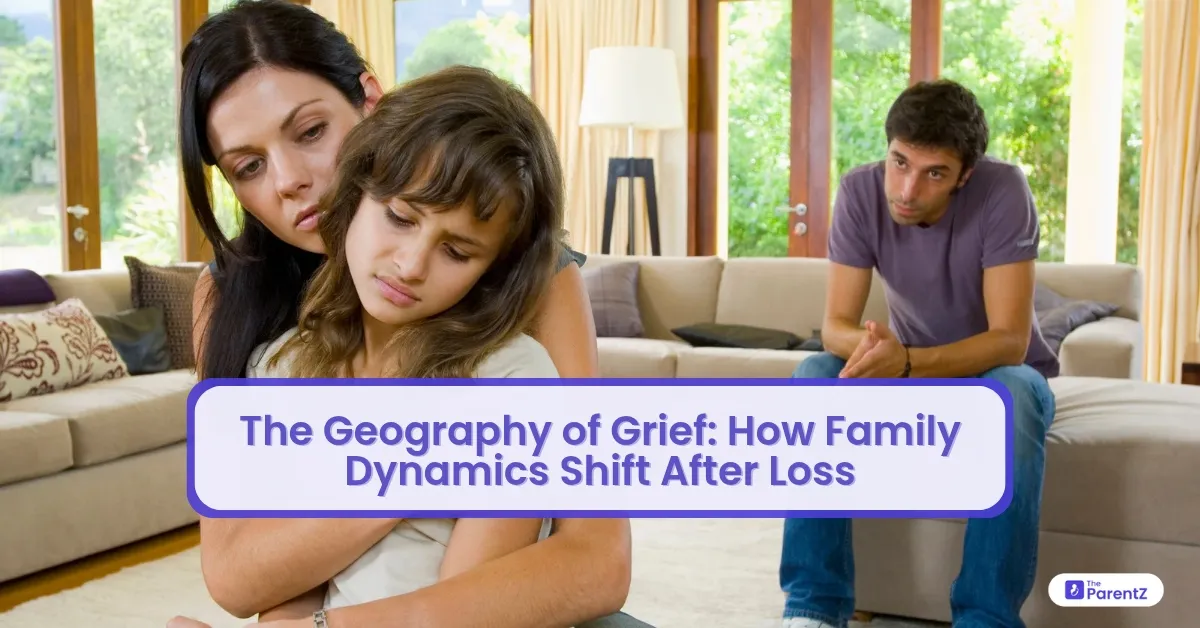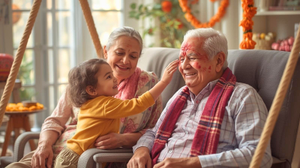Grief has a way of reshaping not just our emotions, but our entire world—including the dynamics within a family. When a loved one passes away, we don’t just mourn the individual; we often mourn the role they played, the glue they provided, or the balance they once maintained. This invisible shift, though rarely spoken of, can dramatically alter how a family functions moving forward.
Grief Doesn't Speak One Language
Every member of a family grieves differently. For one sibling, it might look like silence and withdrawal. For another, it could be a flood of stories and tears. Parents might become overly protective, while children may act out in confusing ways. The emotional terrain becomes fragmented. This divergence often leads to tension—not because family members don’t care, but because they struggle to recognize or validate each other’s way of coping.
The Role Vacuum
When someone passes away, their role in the family—be it as a peacekeeper, provider, or nurturer—often disappears overnight. This creates a vacuum. Someone may try to fill that role, sometimes successfully, but often with friction. For example, a surviving parent may suddenly become both disciplinarian and comforter, leading to emotional burnout. Adult children may try to “step up,” only to feel resentment or guilt when it doesn’t quite work.
Rearranging Relationships
Loss forces relationships to evolve. You may suddenly rely more heavily on a sibling you once barely spoke to, or feel distant from a parent who’s consumed by their own sorrow. Sometimes grief draws families closer—but often, especially in the early stages, it creates emotional distance. Unspoken expectations, unresolved conflicts, and years of emotional patterning can bubble up.
Unpacking Emotional Inheritance
Grief can also illuminate the emotional legacies we've inherited—how our families talk (or don’t talk) about death, vulnerability, or affection. A family that avoids difficult conversations may struggle more during this time. But even families with strong communication habits can find themselves derailed by the sheer unpredictability of loss.
Finding a New Balance
There’s no one path to healing. However, acknowledging that family dynamics will change—and that this change is okay—is often the first step. Open communication, family therapy, or even simple rituals of remembrance can help reorient relationships. Grieving as a family doesn’t mean everyone feels the same thing—it means making space for each other’s emotions to exist side by side.
Conclusion
Grief redraws the emotional map of a family. It shifts roles, rewrites closeness, and forces every member to renegotiate their place in the group. While the journey is rarely smooth, it’s not without opportunity. In time, many families discover a new kind of closeness, not in spite of the loss—but shaped by it.





Be the first one to comment on this story.